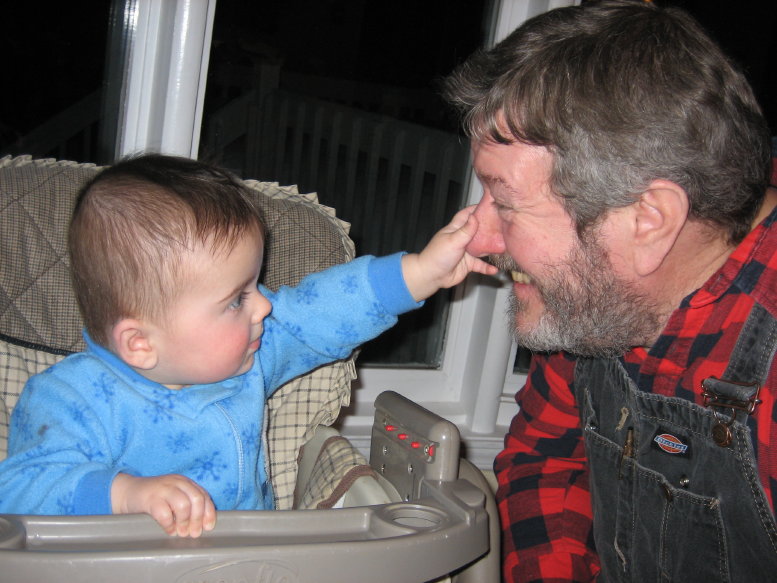As far as I'm concerned, there is only one truth and that is -- what each of us subjectively accepts as truth. Of course, the converse applies -- in that if one doesn't accept a particular truth then, for that person, that depiction of "truth" is subjectively believed to be false.
What happens when a person who owns an accepted truth is confronted with an irrefutable, but contradictory, truth? The answer is, that person goes into a state of cognitive dissonance; where "cognitive" means acquiring knowledge and understanding and "dissonance" has to do with the disharmony that evolves from conflicting elements.
There are only two options available for people subjected to such a state of mind. They can either accept the "new" truth and then revise and/or adapt their concept of that particular truth, or else they can reject it outright and enter the realm of denial. The former option is generally positive and promotes change and growth, while the latter decision leads not only to the continuation of the status quo, negativism and stagnation, but possibly even to the development of an aggressive reactionary mode.
The factors that contribute to a person -- or group of people -- revising their acceptance of truth, rather than rejecting it, are complex and involved. Psychological makeup, personal history, fear, environmental and peer pressures, respect of/for the source(s), educational experiences, access to information, biased influences, ego discombobulation, etc., may all have a bearing on the decision making processes.
In my effort to help me identify effective methods which can be employed to help those in denial of a valid truth accept that truth, I've excerpted part of an article on the subject from Psychology Today:
" [Here are] five elements, made easy to remember with the acronym SPICE :
S IMPLICITY: Keep your message short, sharp, and simple to convince people it's true.
P ERCEIVED SELF-INTEREST: Con men agree it's the key to getting us to do something we didn't think we wanted to. (So be sure to focus on the benefits to the person whose mind you want to change, rather than emphasizing your own wants and wishes and emotional history. NOT: I'll be sad if you don't, BUT: You'll be happy if you do.)
I NCONGRUITY: Surprise people -- tell them your cupcake is 400 cents rather than four dollars and they're far more likely to buy it.
C ONFIDENCE: The more confident you are, the more we believe you're right -- even when we know your facts are wrong. (Think aggressive politicians and other salespeople.)
E MPATHY: Look people in the eye, nod when they nod, tell them you're from the same small town they are -- we trust people like ourselves. (We prefer to work with those who happen to come from a similar tribe, whether that means the same town or perceiving some other form of connection.)"
What is noticeable about these five points, is that none of them imply, or relate to, any form of confrontation or violence! In fact, the last one specifically advocates the use of EMPATHY!
It seems to me, that there are WAY too many of us who need to do some self-evaluation, regarding where we stand with what we currently perceive as our "truths." Are we earnestly seeking out sources of truth that have consistent and proven records of integrity -- regardless of how misaligned their truths may seem from our own? Do we bravely, honestly and diligently burrow down into ourselves to accept and expand on proven and/or known truths -- which we may then have to painfully use to modify or even replace our out-of-date or false misconceptions?
Is it any wonder that these aspects of truth, cognitive dissonance and denial -- which have taken hold of so many of us at the personal level -- could indeed have deep and damaging ramifications on a national and international scale? How can it be possible that the angst which possibly millions of us experience daily, on a personal level, NOT be reflected among ourselves nationally -- as well as throughout the world?
--
(Note: You can view every article as one long page if you sign up as an Advocate Member, or higher).




